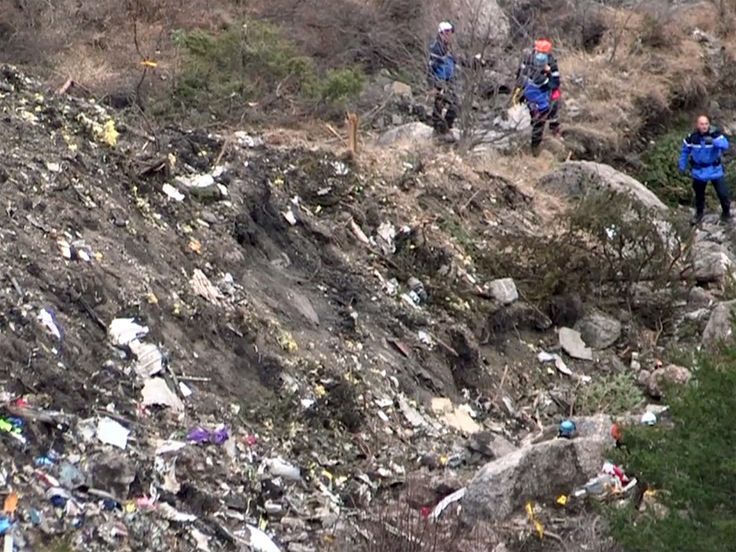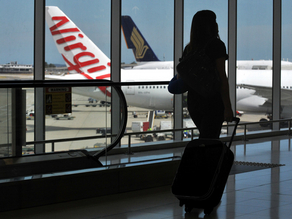Germanwings: EU releases new mental health rules for pilots.
25 July, 2018
2 min read
By joining our newsletter, you agree to our Privacy Policy


Pilots in the European Union face tougher mental health rules, including mandatory psychological testing, in the wake of the 2015 Germanwings crash in which a suicidal pilot deliberately flew into a mountainside.
The deliberate crash of Germanwings Flight 9225 by co-pilot Andreas Lubitz in March, 2015, shocked the aviation world.
READ: Germanwings crashes in French Alps killing all on board.
The plane was en-route from Barcelona to Dusseldorf when it descended into a mountain in the French Alps with the loss of 144 passengers and six crew.
Lubitz had previously been treated for depression and suicidal tendencies but kept the information from his employers at the low-cost Lufthansa subsidiary.
The crash resulted in new rules in jurisdictions such as the UK, Germany, Canada, Australia and New Zealand requiring two people to be in a cockpit at all times.
The European Union flagged the mandatory psychological testing in 2016 but the new rules were not published until this week.
The new rules mean all European airlines will need to perform a psychological assessment of pilots before they start employment, something many airlines already do.
They also include a support program for all pilots working for European airlines to help them “recognize, cope with and overcome “problems which might negatively affect their ability to safely exercise the privileges of their license”
Mandatory alcohol testing will be extended to pilots and cabin crew of all European and foreign airlines that fly into the EU.
This is already well-established in many EU states but it will be extended to all member states within two years.
“These new European rules take up the proposals EASA made in its swift follow-up of the Germanwings Flight 9525 accident in consultation with the wider aviation community’’ European Aviation Safety Agency director Patrick Ky said.
“With these rules, Europe introduces the right tools to safeguard the mental fitness of aircrew.
“During the two year transition period, EASA will actively support European and international stakeholders in implementing this new regulation.’’
Get the latest news and updates straight to your inbox
No spam, no hassle, no fuss, just airline news direct to you.
By joining our newsletter, you agree to our Privacy Policy
Find us on social media
Comments
No comments yet, be the first to write one.

